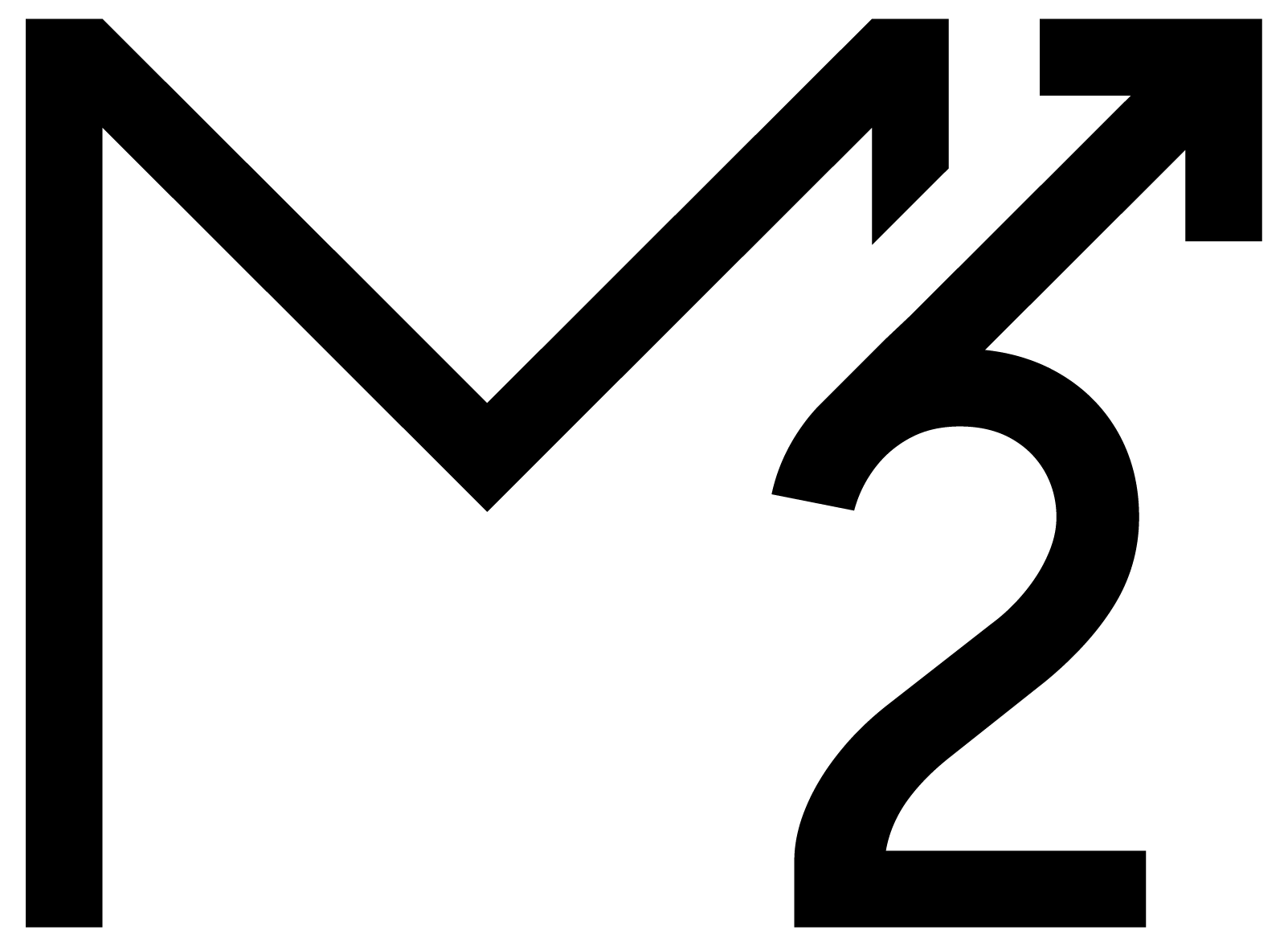If you’re in your 20s or 30s, you’ve probably heard you should be saving for retirement, but maybe you’re still figuring out your first job, paying off student loans, or just trying to get your financial footing. We get it. The idea of planning for something 30 or 40 years away can feel abstract, even overwhelming. But here’s the deal: understanding and using a 401(k) is one of the most powerful moves you can make for your future self, and it’s not as complicated as you might think.
What Is a 401(k)?
A 401(k) is a retirement savings plan offered by an employer. It lets you set aside a portion of your paycheck before taxes are taken out, which means you’re saving money on taxes now and building a nest egg for later. Some employers even match a percentage of your contributions, which you can think of as free money for your future. The money you put in grows over time, and you don’t pay taxes on it until you withdraw it in retirement.
Why Should You Start Early?
- Compound Growth: The earlier you start, the more time your money has to grow. Even small contributions in your 20s and 30s can snowball into significant savings by the time you’re ready to retire. It’s not about being perfect; it’s about getting started and letting time do the heavy lifting.
- Employer Match: If your employer offers a match, not taking advantage is like leaving part of your paycheck on the table. That match is an instant return on your investment.
- Tax Benefits: Contributing to a 401(k) reduces your taxable income now, and many people will be in a lower tax bracket when they retire, so you could potentially pay less tax on your withdrawals later. That’s a win-win for your wallet.
- Financial Independence: It’s not just about “retirement,” it’s about having the freedom to make choices later in life. Maybe you want to travel, start a business, or just not stress about money. A 401(k) is a tool to help you get there on your terms.
How to Get Started with a 401(k):
- Enroll as Soon as You’re Eligible: Don’t wait for the “perfect” time. The sooner you start, the more you benefit from compounding.
- Contribute What You Can: Even if it’s just a small percentage of your paycheck, it adds up. Increase your contributions as your income grows.
- Take the Match: If your employer offers a match, contribute at least enough to get the full match. That’s free money.
- Don’t Stress About Picking the “Perfect” Investments: Most 401(k) plans offer target-date funds or simple options to get you started. The most important thing is to start contributing.
- Review and Adjust: As your life changes, revisit your contributions and investment choices. Your 401(k) should evolve with you.
The Emotional Payoff
Using a 401(k) isn’t just about numbers on a statement. It’s about giving yourself options, reducing future stress, and building confidence in your financial future. When you take ownership of your retirement planning, you gain control. That’s empowering, and it’s something you can be proud of, no matter where you’re starting from.
Final Thoughts
Don’t let the idea of retirement planning intimidate you or make you feel like you’re behind. A 401(k) is a simple, effective tool to help you build the life you want. Start where you are, use what you have, and remember: your future self will thank you for every dollar you put away today. If you’re not sure where to begin, reach out to a financial advisor who puts your interests first and can help you create a plan that fits your unique situation. You’ve got this. Your journey to financial independence starts now.
This blog post is provided by Ditch the Suits Podcast in support of Money Milestones’ mission of helping people get access to high-quality financial guidance no matter their income level or life stage.
This material is for educational purposes only. It is important to seek the guidance of a licensed financial professional before making any investment or financial decisions.


